US defense chief insists talks between rival Koreas won't affect S Korea ties
US Defense Secretary James Mattis has emphasized that North Korea will not likely be able to use talks with the rival South on the Winter Olympics to drive a wedge between Washington and Seoul regarding the denuclearization of the peninsula.
Mattis said he had spoken with his South Korean counterpart Song Young-moo on Friday and was assured that the breakthrough talks next Tuesday between Seoul and Pyongyang would strictly be limited to the Winter Olympics arrangements.
The talks would be "about the Olympics only, that's the sum total of subjects that are going to be discussed," he further stated during a press briefing at the Pentagon.
"This is by South Korean leadership telling us this --so, no, we are not concerned," the US military chief insisted. "There's nothing where they (North Korea) can drive a wedge at all."
The remarks came following widespread press reports reflecting Washington’s concerns about potential efforts by Pyongyang to seek improved relations with the South in a bid to undermine the strategic ties between Seoul and Washington.
Mattis also sought in an earlier session with reporters to portray the surprise agreement for talks by the two Koreas as insignificant, saying: "I wouldn't read too much into it. We don't know if it's a genuine olive branch."
This is while the commander of US forces in South Korea, Army General Vincent Brooks, also underlined in an address in Seoul on Thursday that he suspected that the offer of talks by North Korean leader Kim Jong-un was a ploy aimed at placating China and unsettling the US-South Korea alliance rather than an olive branch.
Brooks, who would command both US and South Korean forces in the event of a war, further called for building up defenses around Seoul.
"We can be generally pleased by the recent overtures that happened" that resulted in the talks next week, "but we must keep our expectations at the appropriate level," he said.
North Korea, as evidenced by its missile launches and nuclear programs, was still bent on becoming a "nuclear capable" nation, and "We can't ignore that reality," Brooks emphasized.
Moreover, Mattis expressed agreement with Brooks on Friday that Washington had to be wary about Pyongyang’s ultimate objectives in agreeing to talks. "I had no concerns with his {Brooks'] statement whatsoever," he said.
Meanwhile, the US and South Korea have agreed to postpone joint Foal Eagle war games during the February 9-25 Winter Olympics in Pyeongcheng at the request of South Korean President Moon Jae-in.
In a Thursday phone call, Moon and his US counterpart Donald Trump agreed to "de-conflict the Olympics and our military exercises so that United States and Republic of Korea forces can focus on ensuring the security of the games," the White House announced.
Trump took credit for pressuring North Korea into the talks. He said in a Thursday tweet that "With all of the failed 'experts' weighing in, does anybody really believe that talks and dialogue would be going on between North and South Korea right now if I wasn't firm, strong and willing to commit our total 'might' against the North. Fools, but talks are a good thing!"
Mattis further announced that the postponement of the war games would extend for the Paralympics, which will follow the Winter Olympics and begin on March 9 and run through March 18.
"We are going to deconflict with the Olympics -- the regular Olympics and the Paralympics," Mattis said. "We're not going to be running exercises," during either event.
UN agency chief for Palestinians urges probe into staff killings
200 days of Israeli war on Gaza and 200 headlines whitewashing genocide
VIDEO | 200 days of US-Israeli genocide
Iran’s security chief in Russia to underline Israel’s aggression
VIDEO | Smoke rises from Gaza as fighting continues
ICRC decries escalating Israeli raids across occupied West Bank
Israel still prevents food convoys from reaching north of Gaza: UNRWA
NYPD arrests multitude of pro-Palestine students at NYU campus


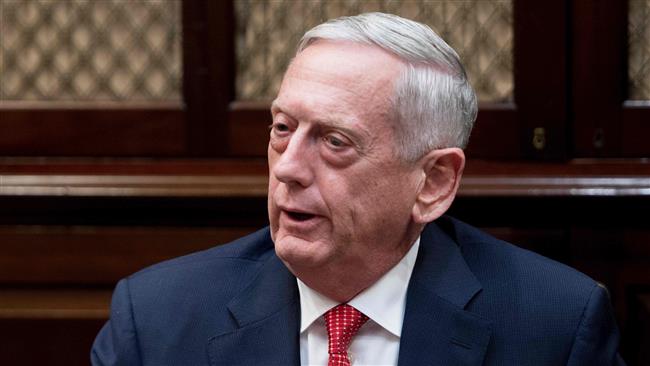
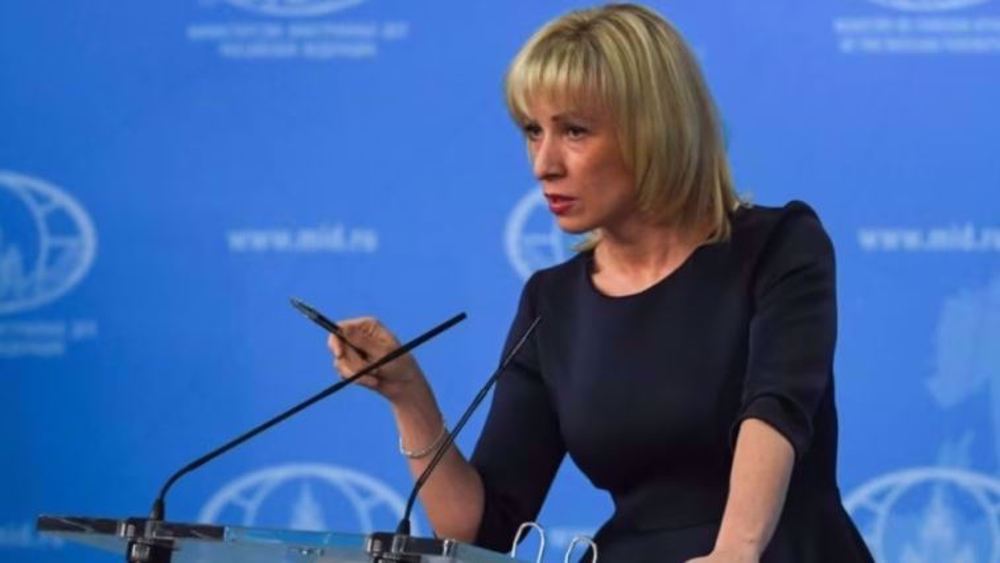
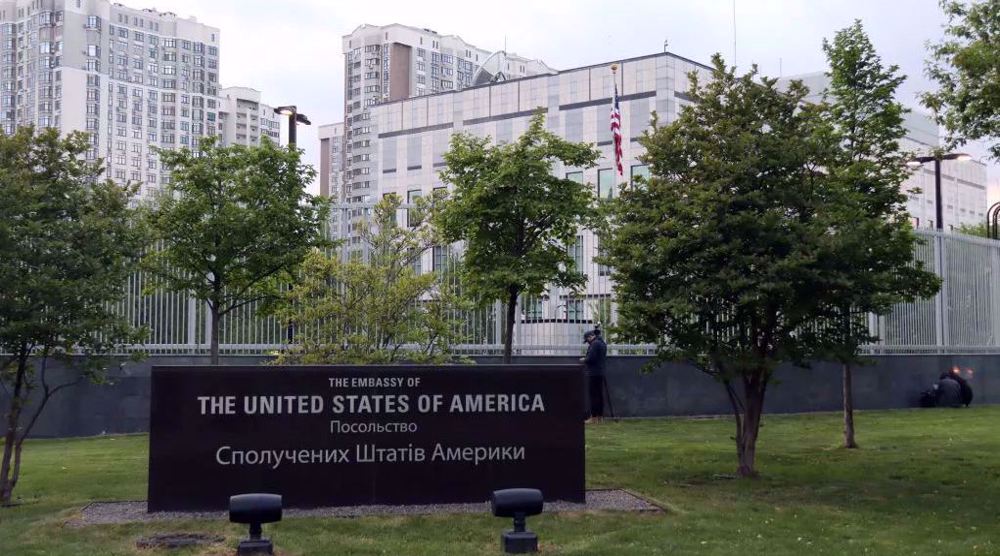
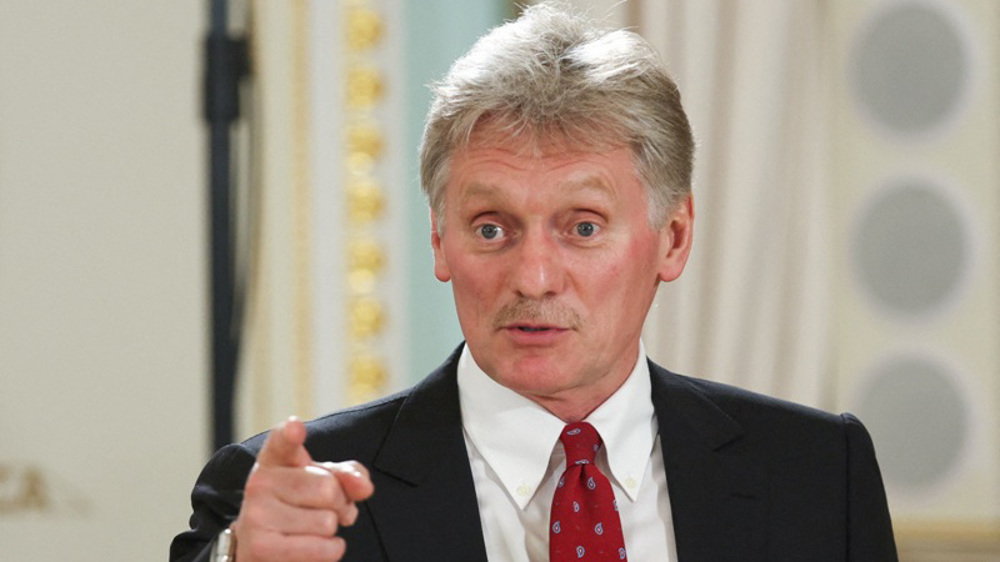



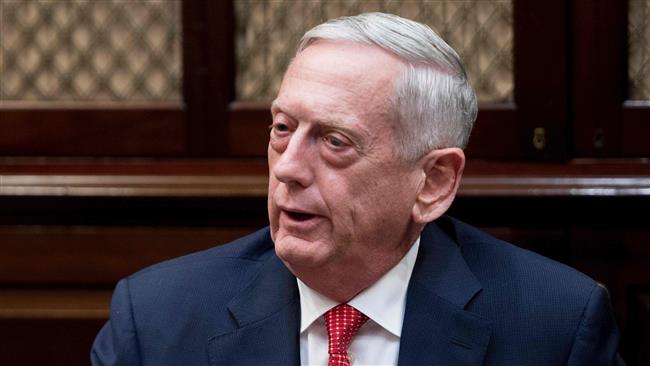
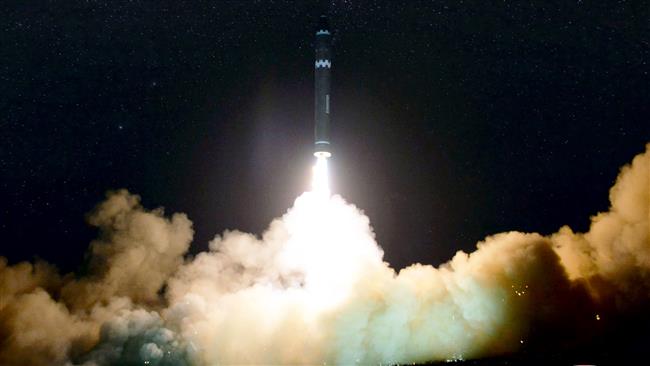
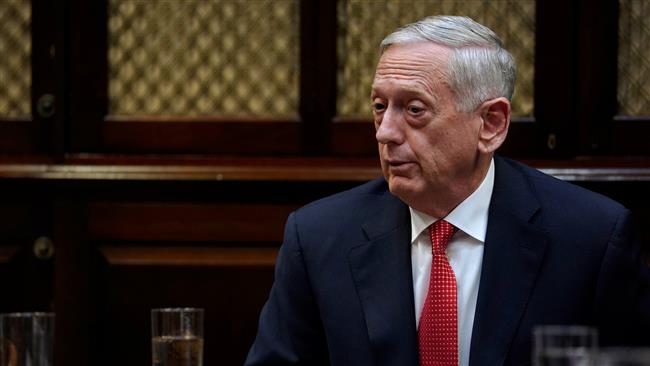

 This makes it easy to access the Press TV website
This makes it easy to access the Press TV website